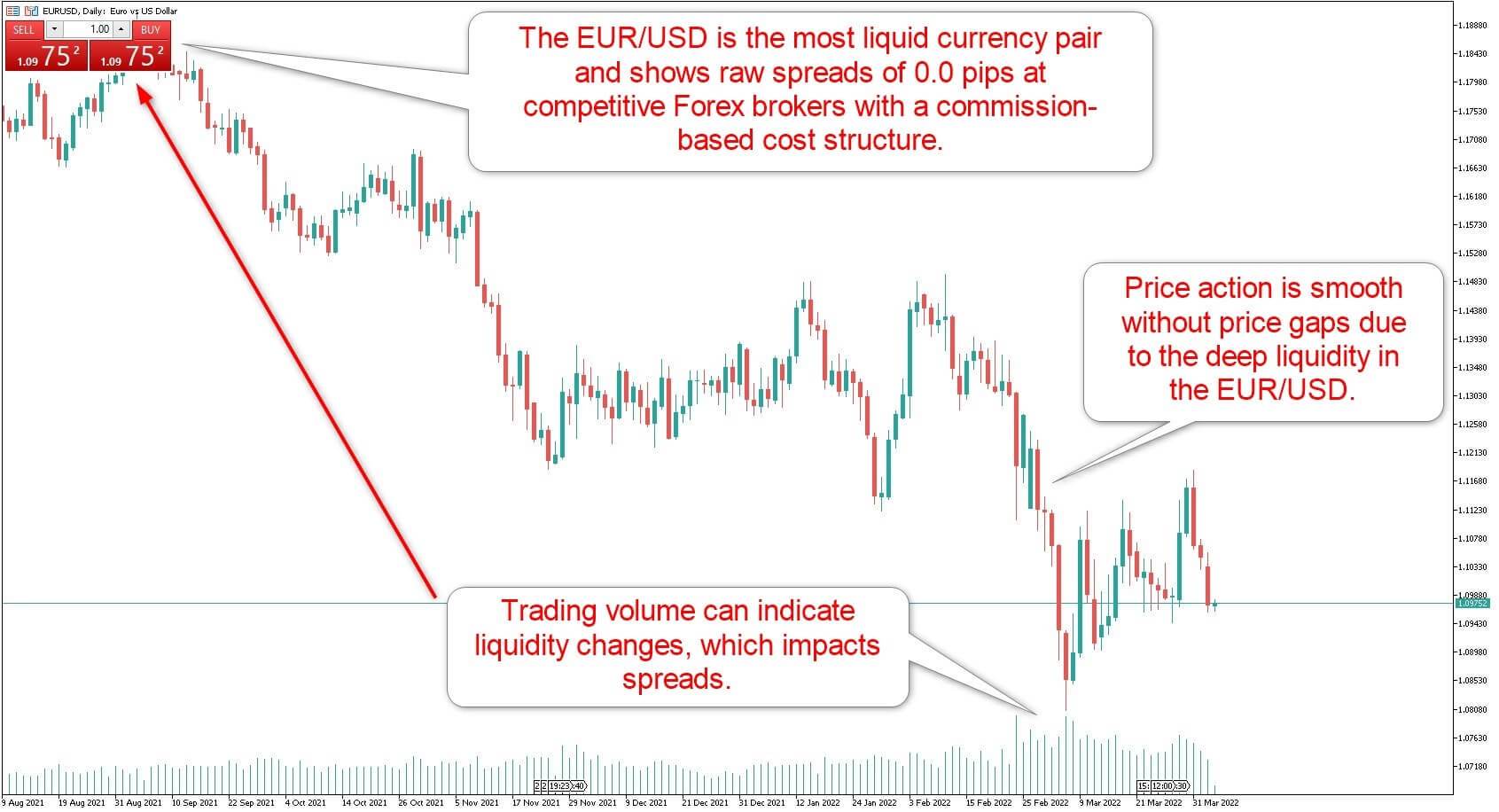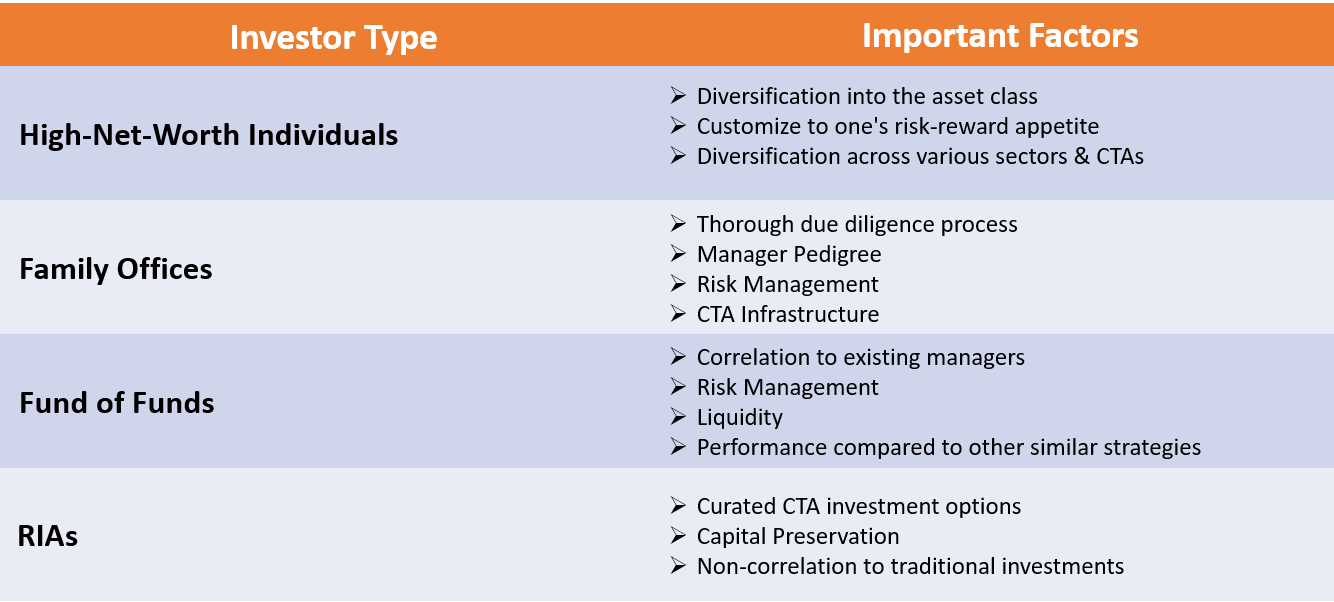
A dividend screener will help you identify dividend-paying stocks. Dividends are a percentage paid to shareholders from a company's profits. It is important to invest in companies that pay dividends. It is also important that stocks pay dividends at a steady rate. It is also important to find companies that have a high dividend coverage ratio. A high coverage ratio indicates that the company is capable of paying dividends. Lastly, it is important to avoid companies that prioritize debt over equity. Higher ratios of equity to debt are more at risk.
The best dividend screens allow you to select companies based on the criteria most relevant to your investment style. There are many factors that must be considered, such as the company's dividend yield and payout ratio, and the dividend coverage ratio. Other metrics and factors can also be taken into consideration when selecting dividend stock. This article will give you the most important factors to consider when choosing dividend stocks.
First, you should be able to reorder the columns in the screener. This is important because the order can influence the results of the screener. Secondly, the screener should allow you to add and delete positions. This is crucial because it saves time and avoids mistakes. Stocks that do less than pass your screen is not what you want.

The best screener lets you filter dividend stocks using industry exposure, payout percentage and dividend growth rates. It should also contain a financial safety margin. This is a list of companies that are financially healthy. The list is compiled using the most accurate metrics. This is because these companies are likely to continue to pay dividends in the long term.
It is also important to consider the dividend coverage ratio as well as the dividend growth rate. The latter is important because it is one of the most important metrics to consider when selecting dividend stocks. Similarly, the best screener should have a D/E ratio that is as low as possible. The D/E rate is a measure that a company's profitability can be used as a comparison of similar companies.
The fair value calculation is another important aspect of the best dividend screener. This is a mathematical formula based on historic market valuation of quality stocks. A fair value calculation takes into account both cash flows and earnings. Fair value calculations can also be done simultaneously so that you can compare both the positive and negative sides.
The best dividend screener will also have a high payout ratio and a high dividend growth rate. This does not guarantee future distributions. A slow or stagnant dividend could lead to lower long-term dividends. You may also sleep better choosing dividend paying ETFs with a lower volatility.

The best screener will also include a list of dividend-paying stocks. Because it is very easy to forget about dividends as part of an investment process. However, a good dividend screener will allow you to quickly scan through the industry to identify companies that are competent and pay a dividend.
FAQ
What are the pros of investing through a Mutual Fund?
-
Low cost - purchasing shares directly from the company is expensive. Purchase of shares through a mutual funds is more affordable.
-
Diversification – Most mutual funds are made up of a number of securities. One security's value will decrease and others will go up.
-
Professional management - professional mangers ensure that the fund only holds securities that are compatible with its objectives.
-
Liquidity is a mutual fund that gives you quick access to cash. You can withdraw your money at any time.
-
Tax efficiency – mutual funds are tax efficient. As a result, you don't have to worry about capital gains or losses until you sell your shares.
-
For buying or selling shares, there are no transaction costs and there are not any commissions.
-
Mutual funds can be used easily - they are very easy to invest. All you need is a bank account and some money.
-
Flexibility - you can change your holdings as often as possible without incurring additional fees.
-
Access to information - You can view the fund's performance and see its current status.
-
Ask questions and get answers from fund managers about investment advice.
-
Security - You know exactly what type of security you have.
-
Control - The fund can be controlled in how it invests.
-
Portfolio tracking – You can track the performance and evolution of your portfolio over time.
-
You can withdraw your money easily from the fund.
There are some disadvantages to investing in mutual funds
-
Limited selection - A mutual fund may not offer every investment opportunity.
-
High expense ratio – Brokerage fees, administrative charges and operating costs are just a few of the expenses you will pay for owning a portion of a mutual trust fund. These expenses can reduce your return.
-
Insufficient liquidity - Many mutual funds don't accept deposits. They can only be bought with cash. This limits your investment options.
-
Poor customer service. There is no one point that customers can contact to report problems with mutual funds. Instead, you will need to deal with the administrators, brokers, salespeople and fund managers.
-
High risk - You could lose everything if the fund fails.
How can people lose their money in the stock exchange?
The stock market isn't a place where you can make money by selling high and buying low. It's a place where you lose money by buying high and selling low.
The stock exchange is a great place to invest if you are open to taking on risks. They would like to purchase stocks at low prices, and then sell them at higher prices.
They believe they will gain from the market's volatility. But if they don't watch out, they could lose all their money.
What is a mutual-fund?
Mutual funds can be described as pools of money that invest in securities. They provide diversification so that all types of investments are represented in the pool. This helps to reduce risk.
Professional managers oversee the investment decisions of mutual funds. Some funds permit investors to manage the portfolios they own.
Mutual funds are more popular than individual stocks, as they are simpler to understand and have lower risk.
What is a REIT and what are its benefits?
A real-estate investment trust (REIT), a company that owns income-producing assets such as shopping centers, office buildings and hotels, industrial parks, and other buildings is called a REIT. They are publicly traded companies that pay dividends to shareholders instead of paying corporate taxes.
They are similar companies, but they own only property and do not manufacture goods.
What is the difference in a broker and financial advisor?
Brokers specialize in helping people and businesses sell and buy stocks and other securities. They handle all paperwork.
Financial advisors are experts on personal finances. They help clients plan for retirement and prepare for emergency situations to reach their financial goals.
Banks, insurance companies and other institutions may employ financial advisors. Or they may work independently as fee-only professionals.
If you want to start a career in the financial services industry, you should consider taking classes in finance, accounting, and marketing. You'll also need to know about the different types of investments available.
What are the advantages of owning stocks
Stocks are less volatile than bonds. The value of shares that are bankrupted will plummet dramatically.
However, if a company grows, then the share price will rise.
Companies usually issue new shares to raise capital. This allows investors buy more shares.
Companies borrow money using debt finance. This allows them to access cheap credit which allows them to grow quicker.
A company that makes a good product is more likely to be bought by people. The stock price rises as the demand for it increases.
As long as the company continues to produce products that people want, then the stock price should continue to increase.
Statistics
- Individuals with very limited financial experience are either terrified by horror stories of average investors losing 50% of their portfolio value or are beguiled by "hot tips" that bear the promise of huge rewards but seldom pay off. (investopedia.com)
- The S&P 500 has grown about 10.5% per year since its establishment in the 1920s. (investopedia.com)
- Ratchet down that 10% if you don't yet have a healthy emergency fund and 10% to 15% of your income funneled into a retirement savings account. (nerdwallet.com)
- "If all of your money's in one stock, you could potentially lose 50% of it overnight," Moore says. (nerdwallet.com)
External Links
How To
How to Invest Online in Stock Market
Investing in stocks is one way to make money in the stock market. You can do this in many ways, including through mutual funds, ETFs, hedge funds and exchange-traded funds (ETFs). The best investment strategy depends on your investment goals, risk tolerance, personal investment style, overall market knowledge, and financial goals.
You must first understand the workings of the stock market to be successful. This involves understanding the various types of investments, their risks, and the potential rewards. Once you've decided what you want out your investment portfolio, you can begin looking at which type would be most effective for you.
There are three major types of investments: fixed income, equity, and alternative. Equity is ownership shares in companies. Fixed income refers to debt instruments such as bonds and treasury notes. Alternatives include things like commodities, currencies, real estate, private equity, and venture capital. Each option has its pros and cons so you can decide which one suits you best.
Once you have determined the type and amount of investment you are looking for, there are two basic strategies you can choose from. The first strategy is "buy and hold," where you purchase some security but you don't have to sell it until you are either retired or dead. Diversification, on the other hand, involves diversifying your portfolio by buying securities of different classes. You could diversify by buying 10% each of Apple and Microsoft or General Motors. Multiple investments give you more exposure in different areas of the economy. You can protect yourself against losses in one sector by still owning something in the other sector.
Risk management is another key aspect when selecting an investment. Risk management will allow you to manage volatility in the portfolio. You could choose a low risk fund if you're willing to take on only 1% of the risk. However, if a 5% risk is acceptable, you might choose a higher-risk option.
Knowing how to manage your finances is the final step in becoming an investor. Managing your money means having a plan for where you want to go financially in the future. A plan should address your short-term and medium-term goals. It also needs to include retirement planning. Then you need to stick to that plan! Don't get distracted by day-to-day fluctuations in the market. Stay true to your plan, and your wealth will grow.